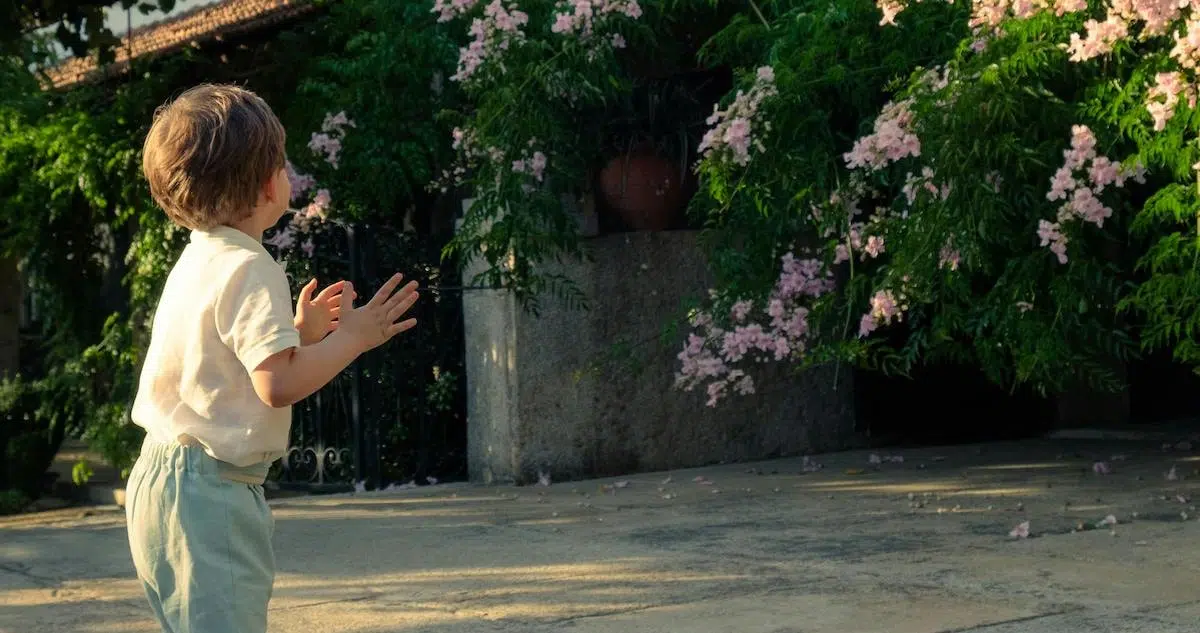Discipline versus punishment. What’s the difference?
Jaimie Bloch
Jaimie Bloch
Up next
In this article
Being a parent is an adventure. Every day a new challenge or lesson presents itself and as parents, we must adapt and be flexible around how we manage not just ourselves, but our children.
We have been given the greatest opportunity in life, to help shape and model a future adult of the world. It is a big honour that comes with a lot of pressure.
We often speak to parents in the MindMovers clinic about effective ways to manage behaviour. Most strategies can be punishment-orientated, focused on being punitive in nature.
This type of parenting is actually counterproductive.
Whilst it seems logical that if I dish out a consequence to my toddler or child for a specific behaviour, my child or toddler will stop that behaviour, there are more complex processes going on in the brain that makes this style of parenting counterproductive.
Humans are more complex and therefore they are not hearing the same message we think we are communicating. For instance, the message a toddler or child will hear when a parent is punitive and punishment orientated is, ‘I am not good enough’, ‘my parents don’t love me’, ‘I am bad’. When humans think in this way it creates more negative emotions, this in turn influences more negative behaviour.
There is nothing wrong with setting boundaries or having consequences for children, but we have to be mindful about making sure consequences are logical (this means that the consequence is tied to the behaviour specifically).
For example:
5-year-old Lyla just learnt to ride a bike. She is told she can only ride in the front of her house, supervised. Lyla decides to take her bike into the street after she was told not to. The logical consequence for Lyla’s mother to impose on Lyla is to take her bike away for the rest of the morning. Lyla’s mother would then sit with Lyla during that morning, talk about how she feels, validate her sadness of missing riding in the morning and then help Lyla create some rules together around riding. They may make these rules as a visual that goes up in the garage or by the front door and they make a plan for the next morning to try riding again, while making sure Lyla is following the safety rules of the house. They may even come up with a reward for Lyla if she can stick to all the rules they decided on together.
This is an example of effective discipline. Remember, discipline is about teaching through support and connection, not through shame and negative reinforcement.
The difference between discipline and punishment?
Discipline
- Focus is on supporting your child learn a new behaviour/skill. It focuses on future behaviour by setting boudaries and teaching through modelling.
- Stimulates the ‘thinking’ part of a child’s brain to create a new brain pathway for new more helpful behaviour.
Strategies that encourage calm and connection create:
- Better communication between parent and child
- Less risky/bad behaviour
- Overall well-being ratings are much higher
Punishment
- Focus in on suffering for past behaviour. Using negative emotions and shame to try and change future behaviour.
- Stimulates the ’emotional’ brain to create fear links between behaviour and a negative consequence.
Punishment and frequent fear stimulation in the brain creates:
- Mental health issues
- Brain shrinkage
- Emotion dysregulation
- Victimhood
- Decreased academic performance
Sign up
Get tailored content based on your week of pregnancy
By signing up, you agree to receiving our Newsletters. Cancel anytime.



Related Articles
Trending
Jaimie Bloch
Follow +Jaimie Bloch is a leading child and family Clinical Psychologist and the Director of MindMovers Psychology. Jaimie uses her flair for creativity to encompass both holistic and evidence-based approaches that are simple to understand, practical and easily implemented. Jaimie is an expert in developing programs and psychological materials for schools, corporations,...









